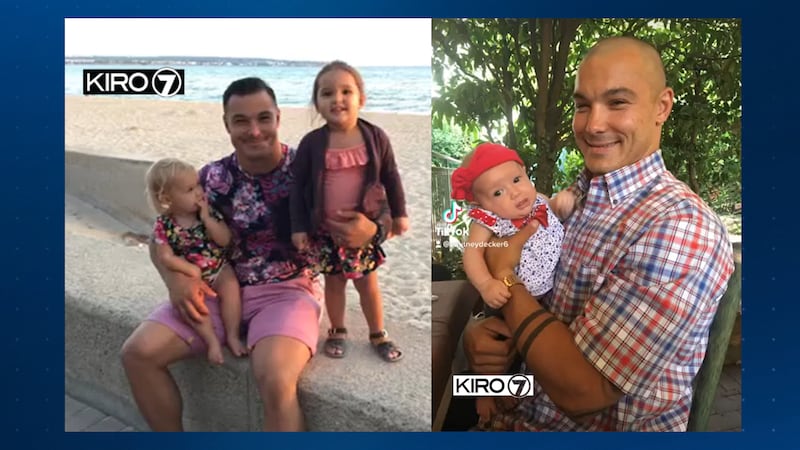TACOMA, Wash. — The City of Tacoma is conceding Tuesday night’s special election that would have raised nearly a billion dollars for road construction and improvement projects over the next 16 years. At the time of this posting, 54% of voters rejected Proposition 1, about a two-thousand-vote difference between “yes” and “no.”
“Well, obviously we’re really disappointed, though [it’s] not entirely surprising given the economic climate we’re in right now,” Kristina Walker, Tacoma’s at-large City Councilmember.
For ten years, road construction has been funded mainly by a levy of $0.20 per $1,000 assessed property value, and a 1.5% utility tax. Proposition 1 would have increased the levy to $0.25 per $1,000 of assessed value, and a 2% utility tax.
“This was local projects, local dollars. This was the one thing we could count on. But people are nervous, people are being hit in the pocketbooks,” added Councilmember Walker.
Extending the “Your Streets Initiative” would have prioritized safety, resurfacing, multimodal lanes, and sidewalks to East 64th St, Portland Avenue, and Marine View Drive. It would have brought an estimated $900 million over 15 years. Over the past ten years, the current iteration of the tax generated $397 million for road projects, including $135 million that came from state and federal grants.
“We will continue to focus on safety, there’s just not the dollars to do as big of projects and as many projects,” Walker said.
The tax, dedicated to road projects, will expire at the end of 2025 if no further action is taken.
“Despite this setback, the City remains committed to addressing Tacoma’s infrastructure requirements. The City Council will be actively exploring all available options moving forward, including the possibility of bringing a revised funding measure back to the voters for consideration at an appropriate time in the future,” the City of Tacoma said in a statement.
Walker says she hears from constituents who still want the projects the tax would pay for. Now, she says it’s about seeing what they are willing to pay, even if it means continuing the tax at the current rate.
“We’ll talk to voters, talk to our constituents about what they would want to pay for, what they are comfortable with, and there might be a happy medium there.”
©2025 Cox Media Group





